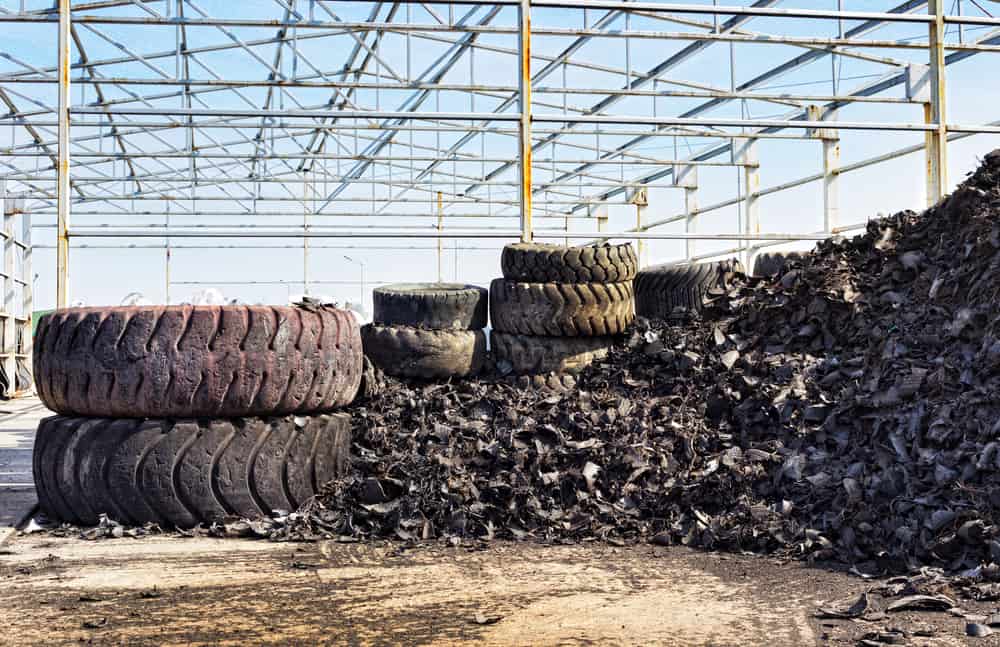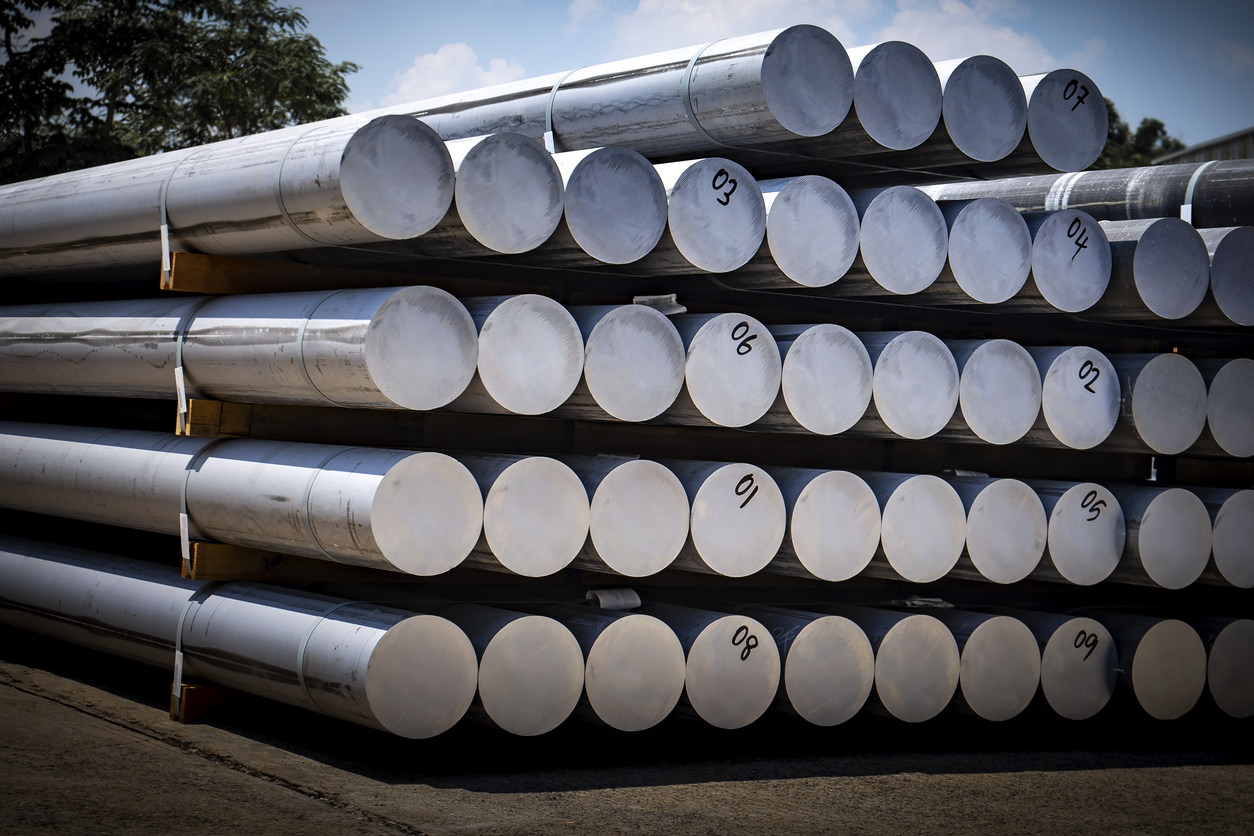The Innovative Ways of Tyre Recycling in Ghana and Its Impact on the Environment
The Innovative Ways of Tyre Recycling in Ghana and Its Impact on the Environment
As the world continues to become increasingly aware of the environmental costs of modern living, more and more industries are looking to find ways to reduce their environmental impact. Tyre recycling is one such industry that is pioneering innovative ways to minimise its environmental footprint. In Ghana, tyre recycling has become a viable industry that is providing much-needed environmental benefits. This article will explore the innovative ways of tyre recycling in Ghana and its impact on the environment. By breaking down tyres and using the materials to create new products, Ghana is leading the way in finding creative solutions to reduce tyre waste. This is helping to minimise the environmental damage caused by tyres, while also creating economic opportunities in the country. Through its tyre recycling efforts, Ghana is demonstrating that it is possible to reduce the environmental impact of tyre waste and create a more sustainable future.
What is tyre recycling?
Tyre recycling is a process that turns old tyres into new products. This can occur through a number of different methods, including shredding old tyres and using the material to create new products, or using heat to transform the materials into synthetic crude oil. While tyre recycling has been practised for over 40 years, only in the last decade has it started to gain attention as a viable way to reduce tyre waste. As awareness has grown, more people are seeing the benefits of tyre recycling and are implementing tire-reduction programs in their communities. One of the biggest benefits of tyre recycling is how it transforms materials that would otherwise be disposed of into new products. This means that the old tyres that would otherwise be thrown away can continue to be used as long as there is demand for them. In turn, this can reduce the demand for new tyres, reducing the amount of new rubber that needs to be produced. It can also reduce costs, as recycled tyres can be sold at a lower price.
Ghana’s tyre recycling efforts
Ghana has taken significant steps towards becoming a leader in tyre recycling. In fact, it is the world’s leading exporter of used tyres, taking advantage of its close proximity to the United States to become a significant supplier. This significant industry is finding innovative ways to recycle tyres, with many of the processes being created in Ghana itself. One of the most innovative ways of tyre recycling in Ghana is the creation of crumb rubber from used tyres. This is done by shredding tyres, allowing the material to be turned into a fine dust that can be used in a variety of applications, such as artificial turf fields and playgrounds. The crumb rubber is able to provide a cushioned playing surface while also being resilient enough to withstand heavy use. Crumb rubber is also a nontoxic material, making it safe for children to come into contact with it. This makes it a valuable product that can be used in a variety of ways, while also diverting old tyres away from landfills. Another way that tyres are being recycled in Ghana is through the creation of fuel pellets. Used tyres are cut up, dried, and then heated, turning them into small pellets that can be used to power boilers. Fuel pellets are an alternative to the traditional coal that is used to power boilers, and can provide up to 60% more heat for a lower price.
Innovative ways of tyre recycling in Ghana
While these are just a few of the ways that Ghana is recycling tyres, the country is also exploring additional innovative methods. One of these is the creation of crumb rubber from used tyres. This material can be used in a variety of applications, from artificial turf fields to playground equipment. Crumb rubber can be used as a replacement for wood chips or clay, providing a surface that offers cushioning without being too soft. It can also be used in asphalt, which can help to reduce the amount of bitumen needed. Another creative use of old tyres is a tyre walkway. These walkways can be made from multiple tyres, while also providing a safe surface to walk on. By using tyres in the design, these walkways can be used as an alternative to building a wooden path. This can be helpful in places where wood would be difficult to maintain, such as in a wet or coastal area.
Benefits of tyre recycling in Ghana
While tyre recycling has many benefits, it also provides a number of benefits to Ghana. For example, tyre recycling is helping to create jobs in Ghana, as there is a significant demand for used tyres. In fact, the country imports roughly 35 million used tyres every year, with many of them ending up in landfills. This represents a huge opportunity for growth for tyre recycling companies, which are able to purchase used tyres and then turn them into new products. This allows used tyres to be repurposed and allows for additional used tyres to be imported into the country. While these old tyres could have ended up in a landfill, they are instead being transformed into useful products that have a second life. This has a significant impact on the economy, creating jobs and providing valuable products to the country.
The environmental impact of tyre recycling in Ghana
As used tyres are collected and repurposed into new products, they are no longer sitting in a landfill. This has a significant impact on the environment, as old tyres that would otherwise be thrown away are instead being repurposed. This means that there is less of a chance of those tyres leaching toxic chemicals into the soil, which could have harmful effects on the environment. It also means that there is less money spent on landfills, as used tyres that would have been thrown away are now being sold as new products. This has a significant environmental impact, as it means that these used tyres are no longer taking up space in a landfill. Instead, they are being repurposed and can be used for a long time.
Potential challenges of tyre recycling in Ghana
As Ghana has become a leader in tyre recycling, it has also attracted attention from other countries that want to learn from its success. This has created challenges, as the country needs to find the resources and the infrastructure to meet the growing demand for used tyres. This includes finding the space to store and sort the used tyres, as well as the equipment needed to transform them into new products. Ghana is working to overcome these challenges and find ways to manage this significant amount of used tyres. Another potential challenge is the fact that tire recycling relies on demand for old tyres. If there is no significant demand for used tyres, then there is no demand for recycled tyres. This could lead to an oversupply of used tyres, which could create challenges for the industry.
Examples of tyre recycling projects in Ghana
The city of Accra in Ghana has been a leader in tyre recycling, finding ways to repurpose old tyres and divert them from landfills. One such example is the Accra Sports Stadium, which uses crumb rubber in its athletic track and surrounding areas. This helps to provide cushioning for athletes, while also being able to withstand heavy use. This is just one example of how tyres, which could have been thrown away, are instead being repurposed and put to use. This has a significant environmental impact, as it means less tyres are ending up in landfills. There are also many entrepreneurial ventures that are working to implement tyre-reduction programs in Ghana, including Litter Free Ghana. This group collects used tyres throughout the country and then repurposes them into a variety of new products, including furniture. They have also been working with local schools, providing students with books made from old tyres.
Conclusion
As the world becomes increasingly aware of the environmental costs of modern living, more and more industries are looking to find ways to reduce their impact on the environment. Tyre recycling is one such industry that is pioneering innovative ways to minimize its environmental footprint. In Ghana, tyre recycling has become a viable industry that is providing much-needed environmental benefits. This article explored the innovative ways of tyre recycling in Ghana and the significant benefits it provides for the environment. Through its tyre recycling efforts, Ghana is demonstrating that it is possible to reduce the environmental impact of tyre waste, while also creating economic opportunities in the country.








LEAVE A COMMENT
You must be logged in to post a comment.